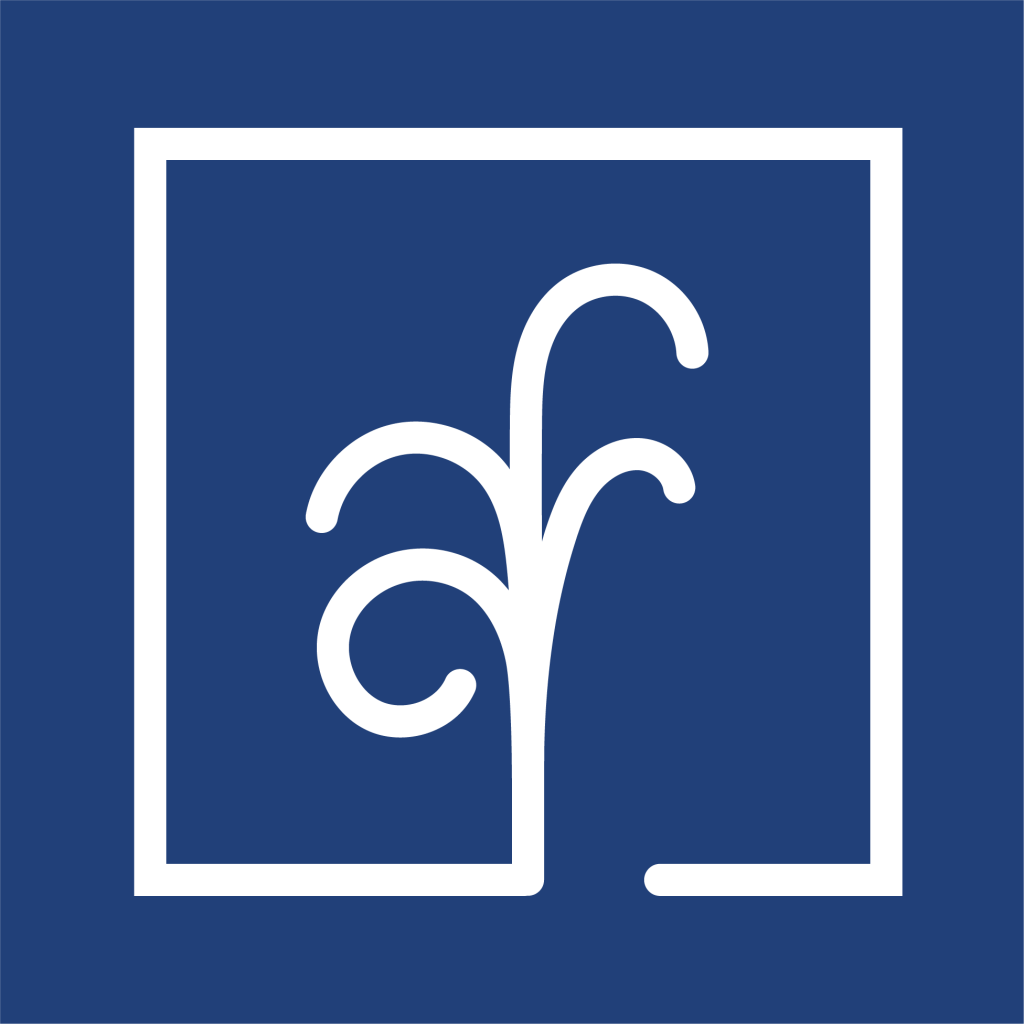Multaqa AL Asfari: A New Initiative by the Asfari Foundation- By Anas Darkawi
First topic: GEN Z Priorities and Aspirations
Multaqa AL Asfari is a new initiative by the Asfari Foundation to establish spaces for learning, sharing knowledge, and discussing important issues related to the Levant and the Foundation’s themes and mission. The Multaqa will feature a series of monthly online webinars in Arabic (with English interpreters), open to anyone from our network and beyond. Each Multaqa will focus on a theme across two or three sessions to delve deeper into the issue and extract valuable insights.
The first Multaqa was organized on 2 July, launching a series focused on Gen Z to explore their aspirations, hopes, and how to tailor CSO (civil society organizations) programming to better suit their needs. Gen Z, born between 1997 and 2012, have been very active digitally and otherwise on key issues like climate change and Palestine among others. They were very young or not yet born during the Arab Spring and have been impacted by its outcomes and aftermath. We believe it is crucial to recognize Gen Z as the shapers of the present and future.
The invite was open to everyone, with most participants being active youth from the Levant eager to share their thoughts and experiences. Additionally, many CSOs working with youth or those keen to engage with them participated. Every participant had the opportunity to speak, ensuring equal turns for youth and practitioners. We did not have a traditional panel; instead, we planned some interventions to set the scene and spark discussions.
The first intervention addressed the historical circumstances and context that influenced Gen Z's upbringing, highlighting the major political, economic, and social events of the late nineties and early 2000s. Several organizations shared their experiences in designing programmes for youth and the best practices they have learned along the way. The Asfari Foundation also shared its experience with testing and designing several programmes to support employability and youth entrepreneurship in the Levant. The young women and men spoke about their priorities and their experiences with organizations, noting that some were genuine while others felt tokenistic. They summarised their priorities as follows, in no particular order:
Political Participation: Aspiring for genuine political engagement in their communities and countries to explore the challenges and solutions, shaping their lives and futures through various channels, including CSOs and nonprofits. Youth tend to appreciate programmes that enable them to learn about the priorities of their communities then offer some resources to enable them to act on and address these priorities.
Education and Continuous Learning: Emphasizing the importance of education as a top priority, discussing issues such as learning for refugee and displaced youth, the pros and cons of Artificial Intelligence in education, and concerns about the quality and relevance of available materials in Arabic.
Employment Opportunities: Stressing the importance of the availability of employment opportunities, as youth constitute the majority of unemployed people in the Arab world. Discussions also covered the opportunities and risks of AI in entrepreneurship and employability.
The next Multaqas will explore all these priorities in depth. We invite all those interested to join!
